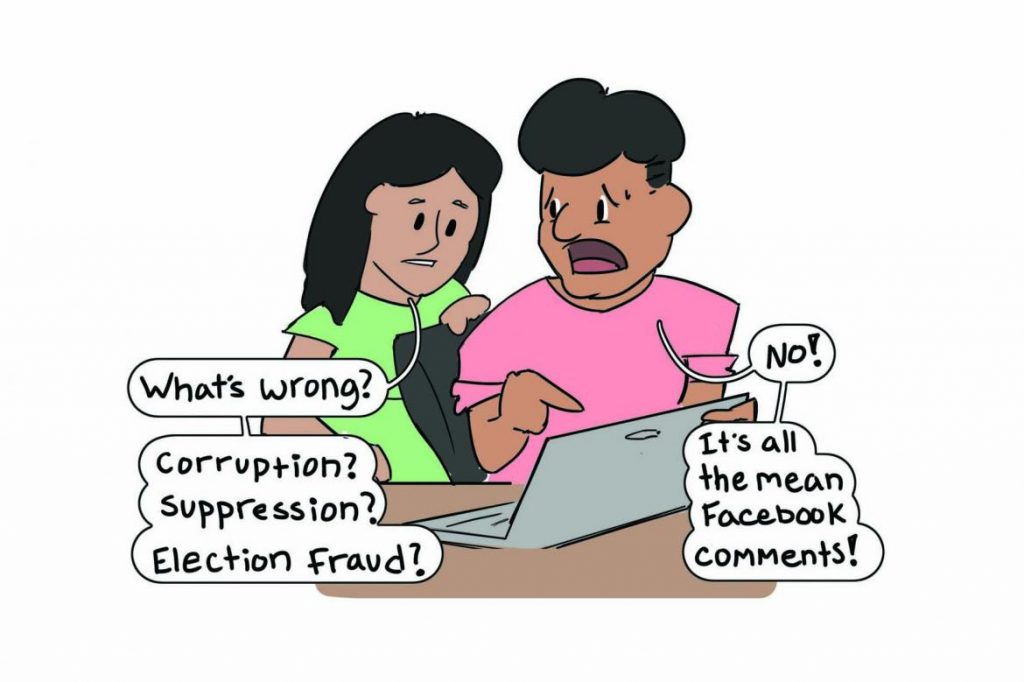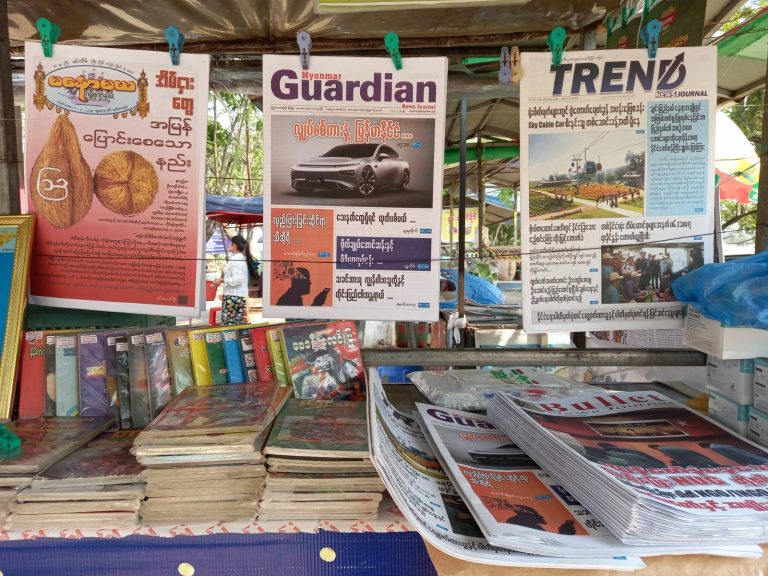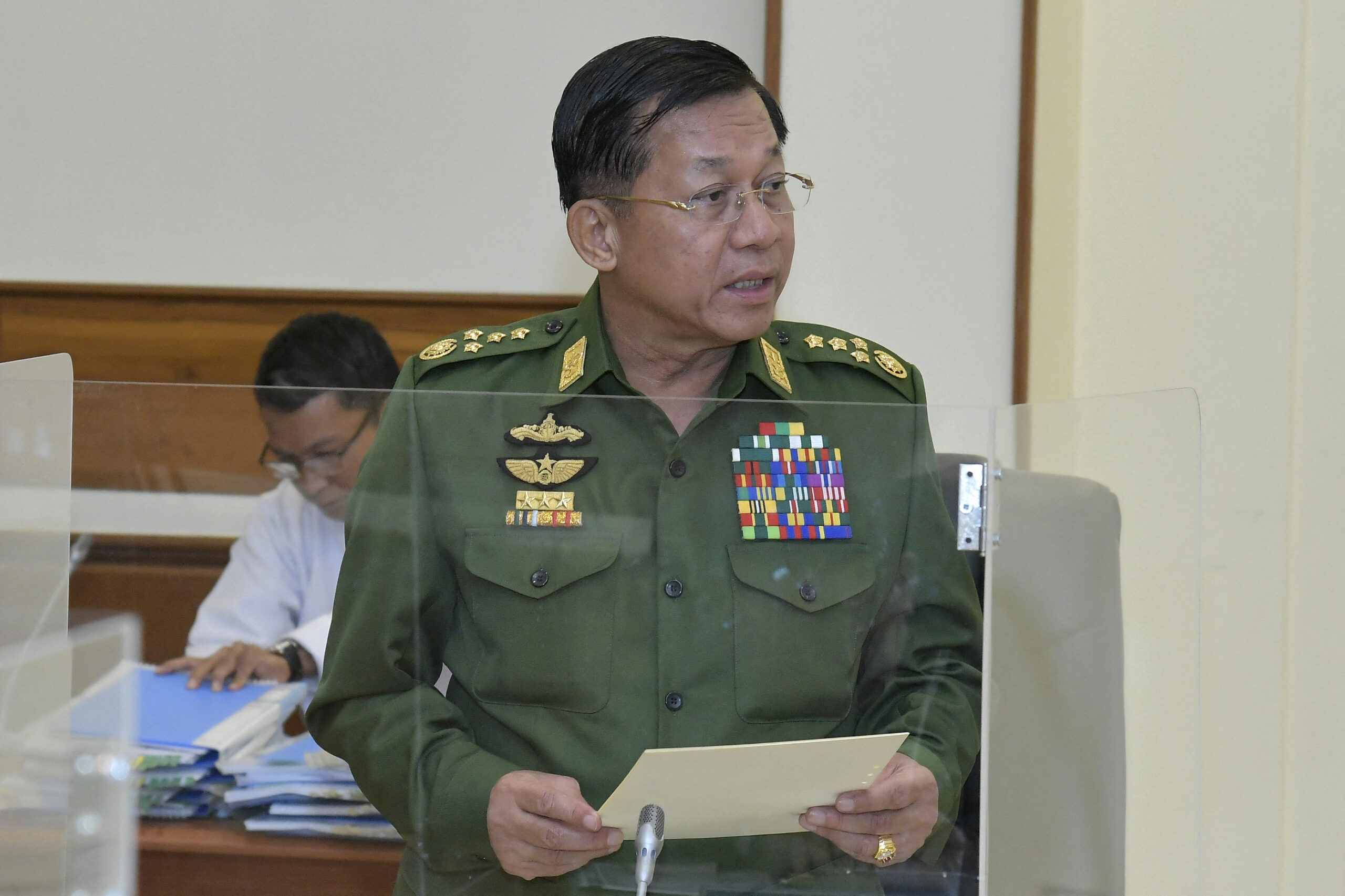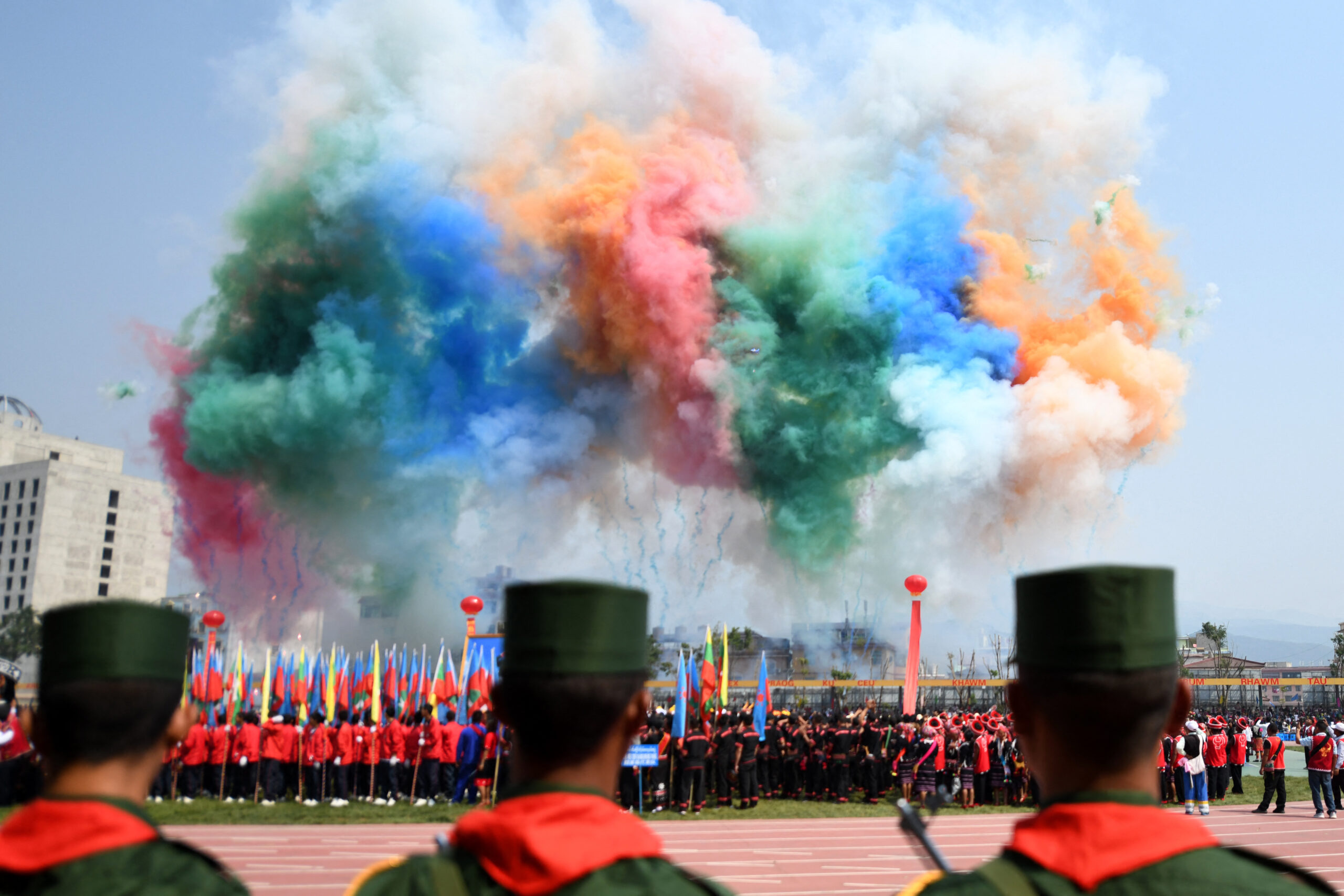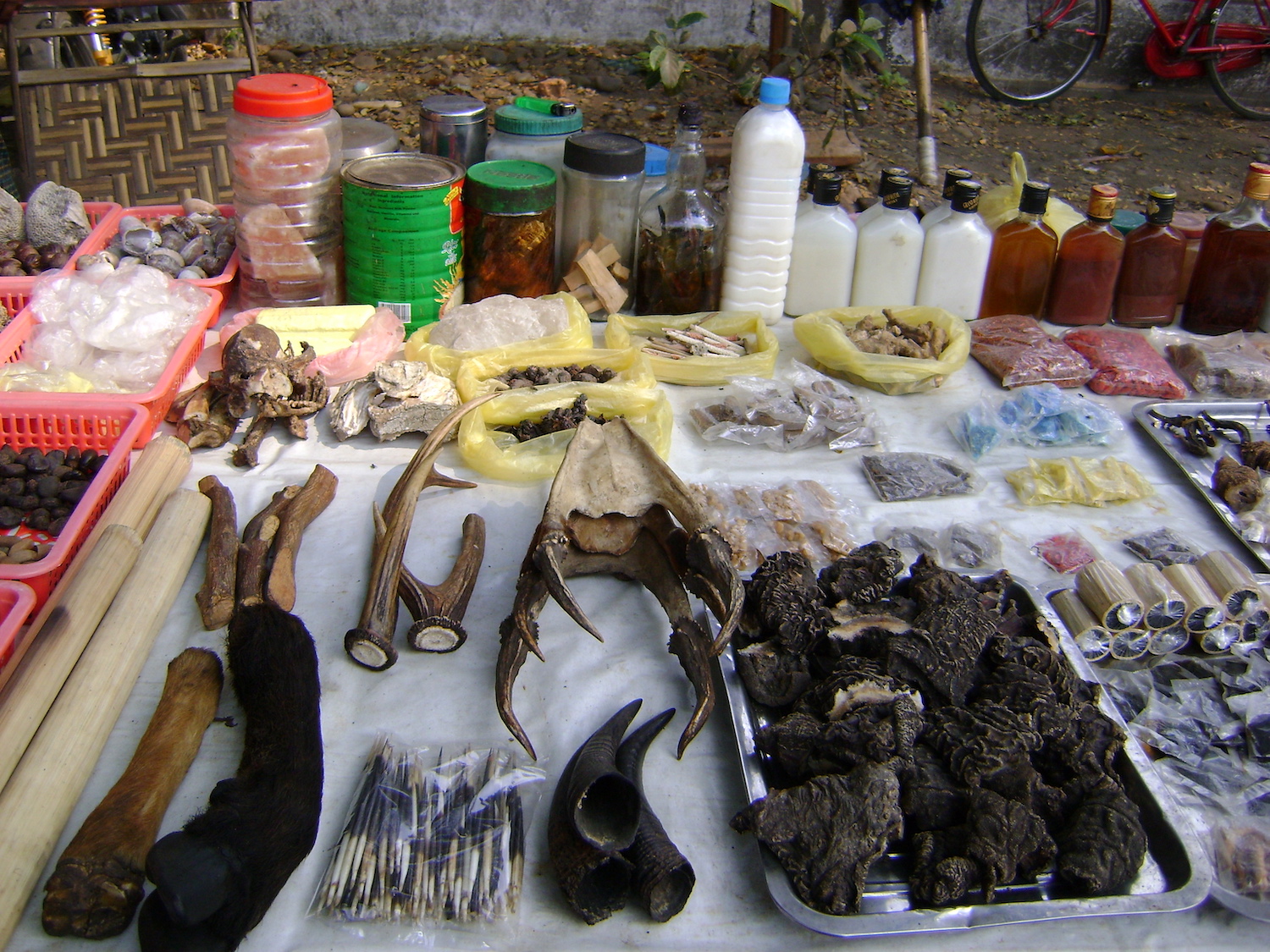An online discourse filled with falsehoods and bigotry is a symptom, not a cause, of Myanmar’s toxic politics.
As more of social and political life moves online, so do the threats to society.
Next year will see a general election, another stress test for the multi-party democracy that Myanmar has forged within the limits of the military-drafted constitution. Much will be familiar from the last election, in 2015. The National League for Democracy is widely tipped for another victory in a contest where the rules remain unreformed, and where the victors will have to join unelected military lawmakers in parliament. But campaigning will likely be more digital.
The number of personal Facebook accounts in the country has more than doubled over the last four years, to more than 20 million in a population of 52 million. As even United Nations investigators agree, Facebook “is” the internet in Myanmar, and is where many people now turn to first to learn about national affairs.
This has rung alarm bells for civil society and donor organisations, which are busy devising programmes to monitor social media for disinformation and incitement.
This urgency is largely informed by the Rakhine State crisis, when the violent displacement of more than 700,000 Rohingya Muslims was accompanied by a deluge of hateful speech on social media and a spike in misinformation about the dangers of illegal immigration and Islamist terrorism.
Support more independent journalism like this. Sign up to be a Frontier member.
Facebook itself has been accused of complicity in alleged genocide for standing by while its platform was used to fan hatred, and has since been more proactive in removing accounts involved in covert influence campaigns, some of them linked to the Tatmadaw.
There is a very real threat of social media being abused by unscrupulous players for electoral advantage, or to undermine the election itself. Vigilance will be essential. But it’s worth asking, what do we not talk about when we talk about “hate speech” and “fake news”?
The popularity of these topics has at least one unsavoury cause. They provide a way of avoiding more uncomfortable issues, such as failures of political leadership and structures of power that have withstood the reforms of the last eight years.
For all that Facebook’s algorithms may have promoted divisive, misleading content when the Rohingya crisis escalated two years ago, the bulk of the hatred seen online was perfectly organic, and was informed by an ideology of national identity and citizenship that had matured over decades.
Myanmar’s civilian leaders did little to condemn this hatred, or to challenge its underlying ideology, which construes Myanmar as a racial fortress. Meanwhile, the impunity that the military enjoys under the constitution means it has not had to face any public reckoning over the atrocities it allegedly committed, which could help set the record straight.
None of these problems and failures could be addressed by a more responsive Facebook or the more careful policing of online spaces. Though helpful and worth supporting, they could only limit the damage.
The greater challenge is of a more old fashioned sort: holding leaders to account for what they say or do – and equally, for what they fail to say or do – and building a political coalition in favour of a more inclusive and open society.
For the election, too, the gravest threats are likely to be more analogue than digital, and they include something that has been strangely overlooked: money.
Myanmar’s economy remains dominated by a small elite that owes its fortunes to the rigged markets of military rule and the war economy that still defines the country’s borderlands. This elite has a vested interest in frustrating reform towards a fairer economy and more transparent politics, but also has the money craved by political parties who receive no state funding to vie in elections.
In their current form, campaign finance regulations would leave any such patronage in the dark. While candidates are required to file campaign expense reports, there is no effective means of monitoring how money is spent, or where it comes from. There are no caps on the size of individual contributions, and no requirement to disclose the identity of donors. Moreover, the spending limit of K10 million applies to candidates and not to parties, leaving open a massive loophole for big spending.
Perhaps the greatest risk is that, while people fret about fake news on Facebook, Myanmar’s democracy will undergo a silent capture by corrupt interests.


